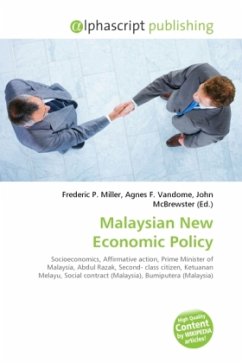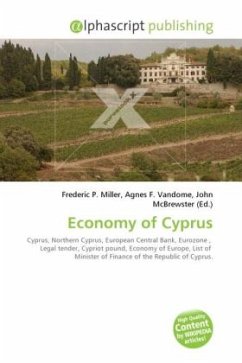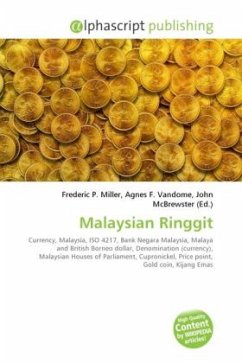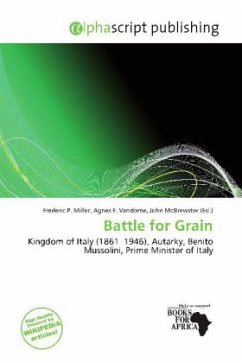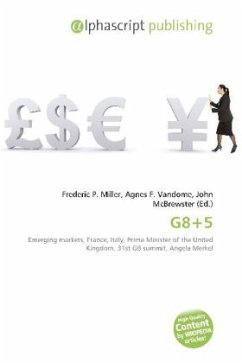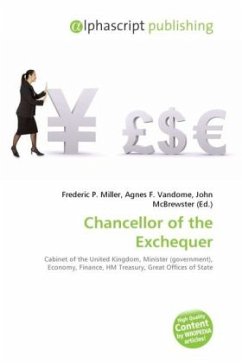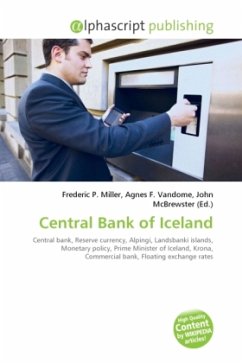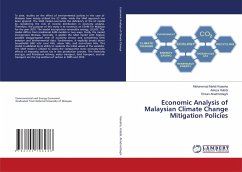The Malaysian New Economic Policy (NEP or DEB for Dasar Ekonomi Baru in Malay), is an ambitious and controversial socio-economic restructuring affirmative action program launched by the Malaysian government in 1971 under the then Prime Minister Tun Abdul Razak. The NEP ended in 1990, and was succeeded by the National Development Policy in 1991. Although the NEP was hailed in some quarters as having reduced the socioeconomic disparity between the Chinese minority and Malay majority, others accused it of having reduced non-Malays to the status of second-class citizens by cementing ketuanan Melayu (Malay supremacy). The NEP is often invoked as part of the Malay Agenda, which is in turn part of the Malaysian social contract granting Malays special rights in return for citizenship for non-Malays. The NEP's success is a subject of heated debate. The NEP targeted a 30% share of the economy for the Bumiputra, but according to official government statistics, the NEP did not succeed in reaching this target. Although the policy ended officially in 1990, Malaysians often refer to the NEP in the present tense because many of the tangible economic benefits it offered the Bumiputra are ongoing.

